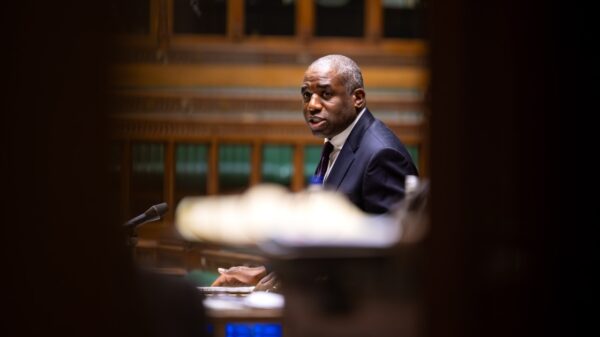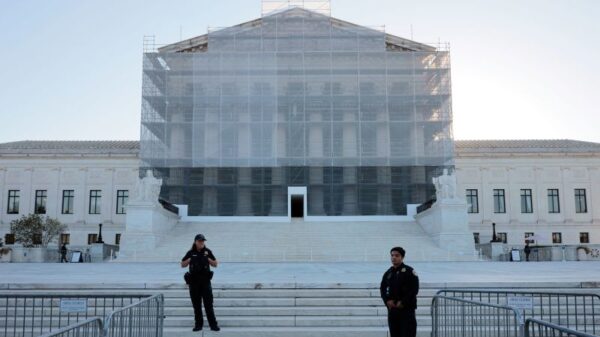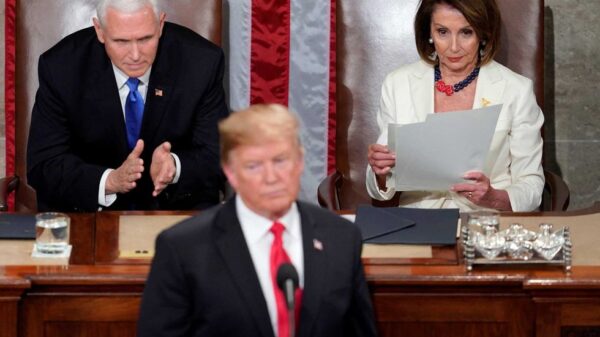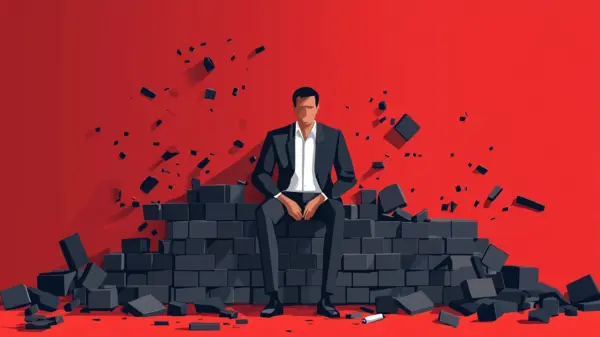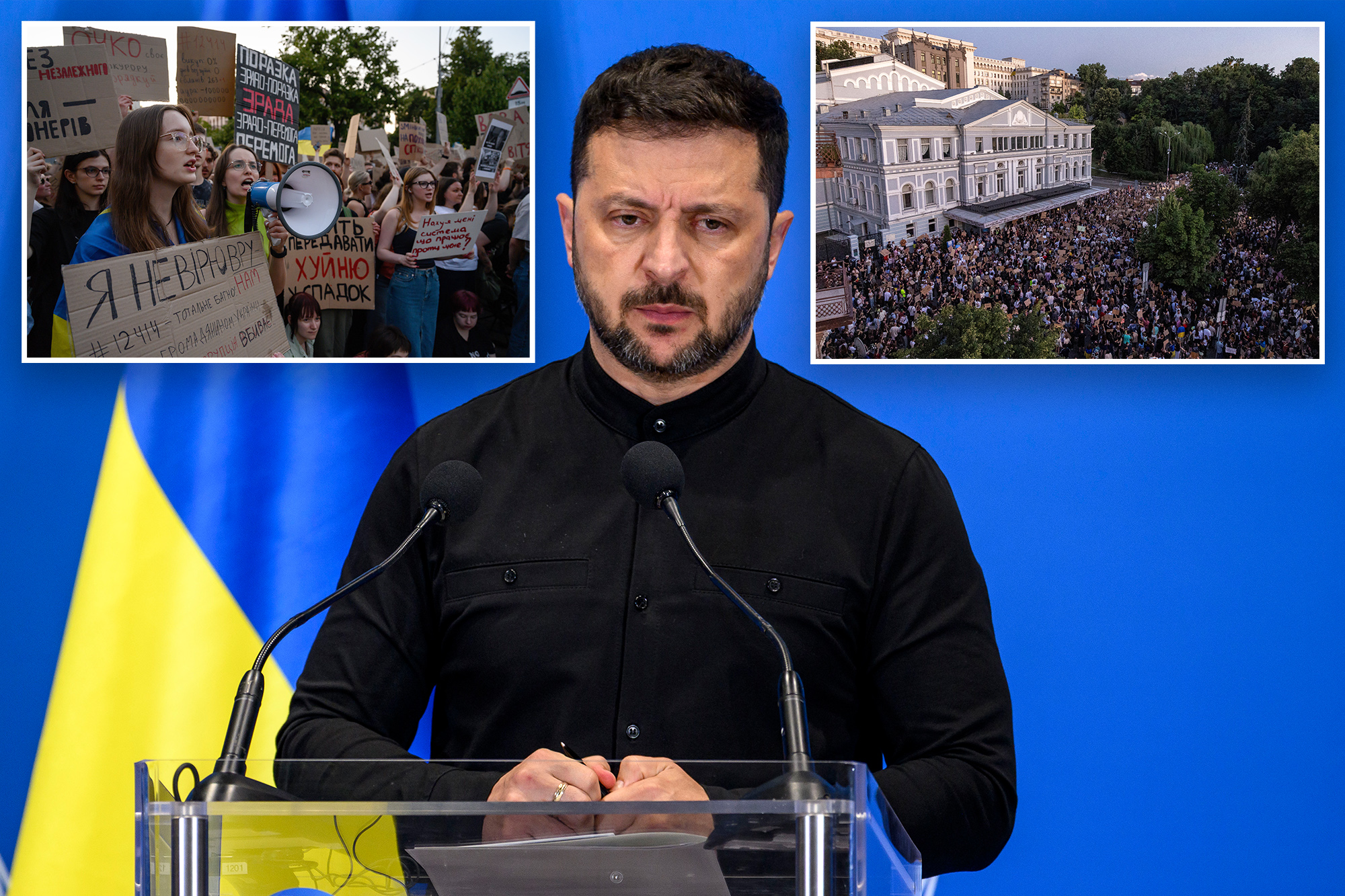The European Union has suspended $1.7 billion in aid to Ukraine following President Volodymyr Zelensky‘s approval of a bill that significantly limits the powers of the country’s foremost anti-corruption agencies. This decision comes after Zelensky signed the controversial legislation last week, which grants greater authority to a politically appointed prosecutor general over both the National Anti-Corruption Bureau (NABU) and the Specialized Anti-Corruption Prosecutor’s Office (SAPO). According to the New York Times, the EU had intended this funding as part of a broader initiative to reward Ukraine for upholding governance standards.
The EU’s decision to withhold more than a third of its aid underscores rising concerns regarding Ukraine’s commitment to tackling endemic corruption, which has hindered the nation for decades. The EU had established the Ukraine Facility fund last year, pledging nearly $60 million over three years to support the country’s recovery from war and facilitate its integration into the bloc. However, European officials have expressed dismay over the rapid passage of the recent legislation, which they view as a regression in governance.
Marta Kos, the EU’s commissioner for expansion, voiced “serious concern” regarding the political influence now exerted over the NABU and SAPO. Both agencies were created following Ukraine’s “Revolution of Dignity” in 2014, which aimed to eradicate corruption after the ousting of pro-Russian President Viktor Yanukovych. Zelensky had previously committed to continuing anti-corruption efforts during his presidency, but tensions escalated when investigations began targeting members of his inner circle, including former Deputy Prime Minister Oleksiy Chernyshov.
In response to public outcry, including the first wartime protests against his administration, Zelensky swiftly implemented measures intended to preserve the independence of these agencies. Thousands of Ukrainians took to the streets, demanding that the NABU and SAPO maintain their autonomy, stressing that unchecked corruption undermines the nation’s efforts to defend itself against the ongoing Russian invasion.
International leaders have also weighed in on the matter. British Prime Minister Keir Starmer was among those who urged Zelensky to retract the bill and focus on resolving corruption issues. Meanwhile, Ukraine faces a looming deadline. The country must appoint a head of its Economic Security Bureau by March 15, 2024, to continue receiving vital assistance from the International Monetary Fund (IMF). The IMF has committed to providing Ukraine with $15.6 billion in aid over four years, contingent upon the government’s progress in its anti-corruption campaign.
Zelensky has previously resisted appointing Oleksandr Tsyvinskyi—who led the case against Chernyshov—as the head of the Economic Security Bureau, despite his nomination by an independent commission. As of now, the position remains vacant, leaving uncertainty about who will ultimately fill this critical role.
The EU’s aid suspension serves as a pivotal moment for Ukraine, reflecting the delicate balance between political maneuvering and the urgent need for genuine anti-corruption reforms. The decision not to finalize the withholding of funds leaves room for future collaboration, contingent upon Ukraine’s adherence to the EU’s governance standards.









